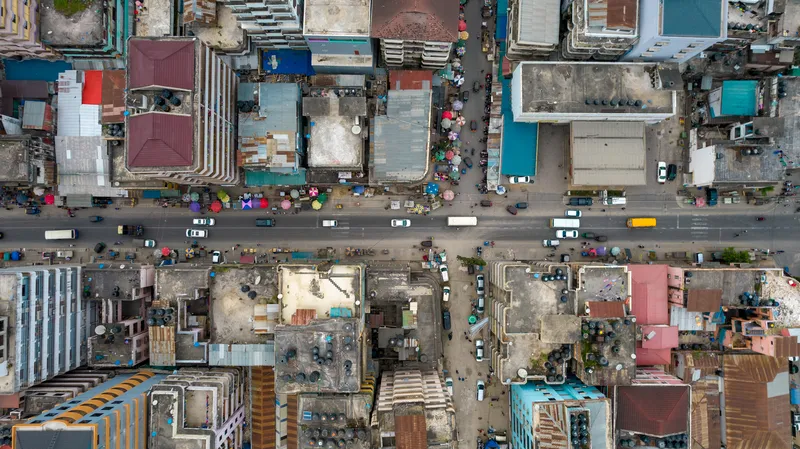Dubai has taken a major step towards autonomous vehicles with the launch of its Dubai Autonomous Transportation Strategy, which aims to transform 25 per cent of the total transportation in Dubai to autonomous mode by 2030.
The Dubai Autonomous Transportation Strategy is expected to save US$6 billion in annual economic revenues by reducing transportation costs, carbon emissions and accidents, and raising the productivity of individuals as well as saving hundreds of millions of hours wasted in conventional transportation.
The emirate believes the strategy will help cut transportation costs by 44 per cent and help reduce environmental pollution by 12 per cent, as well increasing the efficiency of the transportation sector in Dubai by 2030.
The strategy also aims to reduce traffic accidents and losses by 12 per cent, equivalent to savings of US$544 million annually. It will save 396 million hours on transportation trips yearly and reduce the spaces allocated for parking.
According to a study carried out by the World Economic Forum in partnership with Dubai’s Road Traffic Authority and Dubai Future Foundation, 70 per cent of Dubai's residents prefer to use autonomous transportation. Residents expressed a preference for such transportation systems citing potential for increased productivity and elimination of the need for searching parking spaces.
Launching the strategy, His Highness Sheikh Mohammed bin Rashid Al Maktoum, Vice President and Prime Minister of the UAE and Ruler of Dubai said the goal was to make the UAE a global source of the future for various sectors, including smart cities, clean energy, autonomous transportation, sustainable infrastructure and legislation for the future.
Stressing that future technology will restructure economies and transform the global competitiveness balance, he called for proactive efforts to take advantage of the emerging situation.
Sheikh Mohammed also announced the launch of Dubai World Autonomous Transportation Challenge as a global RFP to encourage the world's most innovative international companies, academic institutions and centres of research and development to test the latest advances in this technology by providing transportations solutions and scenarios that are realistic and tailored for the streets of Dubai.
Dubai launches autonomous vehicle strategy
Dubai has taken a major step towards autonomous vehicles with the launch of its Dubai Autonomous Transportation Strategy, which aims to transform 25 per cent of the total transportation in Dubai to autonomous mode by 2030. The Dubai Autonomous Transportation Strategy is expected to save US$6 billion in annual economic revenues by reducing transportation costs, carbon emissions and accidents, and raising the productivity of individuals as well as saving hundreds of millions of hours wasted in conventional tr
April 26, 2016
Read time: 2 mins










